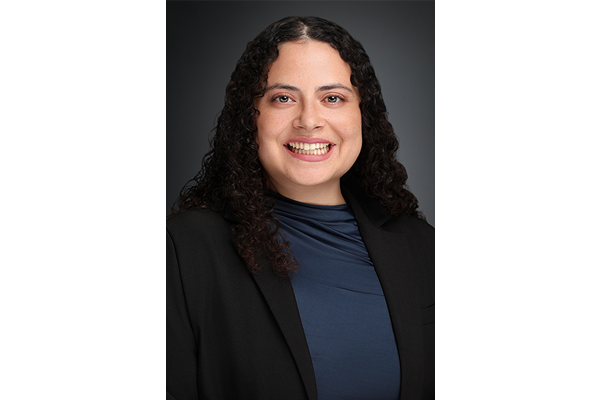First Year Student Blog: Samantha Fortier

From Research to PA School: A Non-Traditional Applicant
It was not until 2019 that I met a Physician Assistant (PA) for the first time. I just moved back home to California to work at UCLA. Up until that point, I always envisioned myself pursuing a career in healthcare as a physician or a nurse. Over time, I developed a deep passion for clinical research.
My introduction to research started during my undergraduate studies at Penn State in 2012. This early interest opened the door to incredible opportunities both in the United States and Internationally. After my undergraduate studies, I pursued a Master of Public Health (MPH) at Boston University.
After graduating from Boston University in 2016, I focused primarily on clinical trials in HIV prevention and treatment—an area that quickly became one of my greatest passions. Through research, I engaged deeply within communities and worked on many meaningful projects.
Curiosity Emerges
Although the research was fulfilling, I frequently found myself asking clinical questions. That curiosity led me to consider what might come next. I remembered my original dream of pursuing a career in clinical care.
Alongside this exploration of old dreams came uncertainty: Am I too far along in my career to make a change? Can I afford it? How will this affect my relationship with my partner?
Then, I met a PA who profoundly influenced my path. She introduced me to the profession, encouraged me to shadow her, and opened the door to additional opportunities to observe others in the field. It was through this exposure that I began to see how the PA profession aligned perfectly with both my clinical curiosity and my commitment to serving communities.
Laying the Groundwork
That’s when the true preparation began—research, research, and more research. While working full-time at UCLA, I enrolled in evening courses to complete my prerequisites for a PA program. Many of my undergraduate credits were close to expiring, so there was a sense of urgency to stay on track. The schedule was intense, but I remained determined.
Beyond the academics, I sought community. As a non-traditional applicant, someone who had been out of undergrad for over six years, I wanted to connect with others who were on a similar journey. I joined the American Academy of Physician Associates (AAPA) and I became actively involved with Physician Associates for Latino Health (PALH). Currently, I am the Student Alliance Treasurer and a Co-Lead of Mentorship program for PALH. PALH became a source of inspiration, connection, and ongoing support.
Pivotal Moment
Receiving my acceptance to the Duke PA Program as a first-time applicant was an unforgettable moment. I was at work when the email arrived, and I immediately burst into tears—overcome with joy and relief. My coworkers celebrated with me, offering hugs and kind words of encouragement.
But soon, the next wave of questions came: Am I truly ready to return to the classroom? Can I succeed in such a rigorous academic environment after so many years away? What will it be like to move across the country—from California to North Carolina?
Leaving my longtime role at UCLA, where I had built strong relationships with both colleagues and patients, was emotionally difficult.
The Unexpected Challenge
Of all the hurdles I anticipated, I did not expect that one of the greatest challenges would be something so straightforward: making friends. At the start of the program, I found it difficult to engage in small talk or build connections. Despite being surrounded by ninety peers, I initially felt isolated in the academic environment.
The first few months were a whirlwind of adjusting to the curriculum while also trying to re-learn how to socialize in a classroom setting. Fortunately, my advisor reassured me that everything would begin to click in time—and they were right.
I finally feel like I have found my rhythm, I have formed meaningful friendships, volunteered, continued research efforts, and remained deeply involved in advocacy work.
Final Thoughts
To those considering the PA path—especially non-traditional applicants—please know that your goals are within reach. This journey is not always easy, but it is profoundly worthwhile.
It is never too late to pursue a different path, and you are certainly not alone.
Samantha Fortier is a first-year student with the Duke Physician Assistant Program. Email samantha.fortier@duke.edu with questions.
Editor’s note: Duke Physician Assistant Program students blog monthly. Blogs represent the opinion of the author, not the Duke Physician Assistant Program, the Department of Family Medicine and Community Health, or Duke University.
Return to Duke Physician Assistant Program